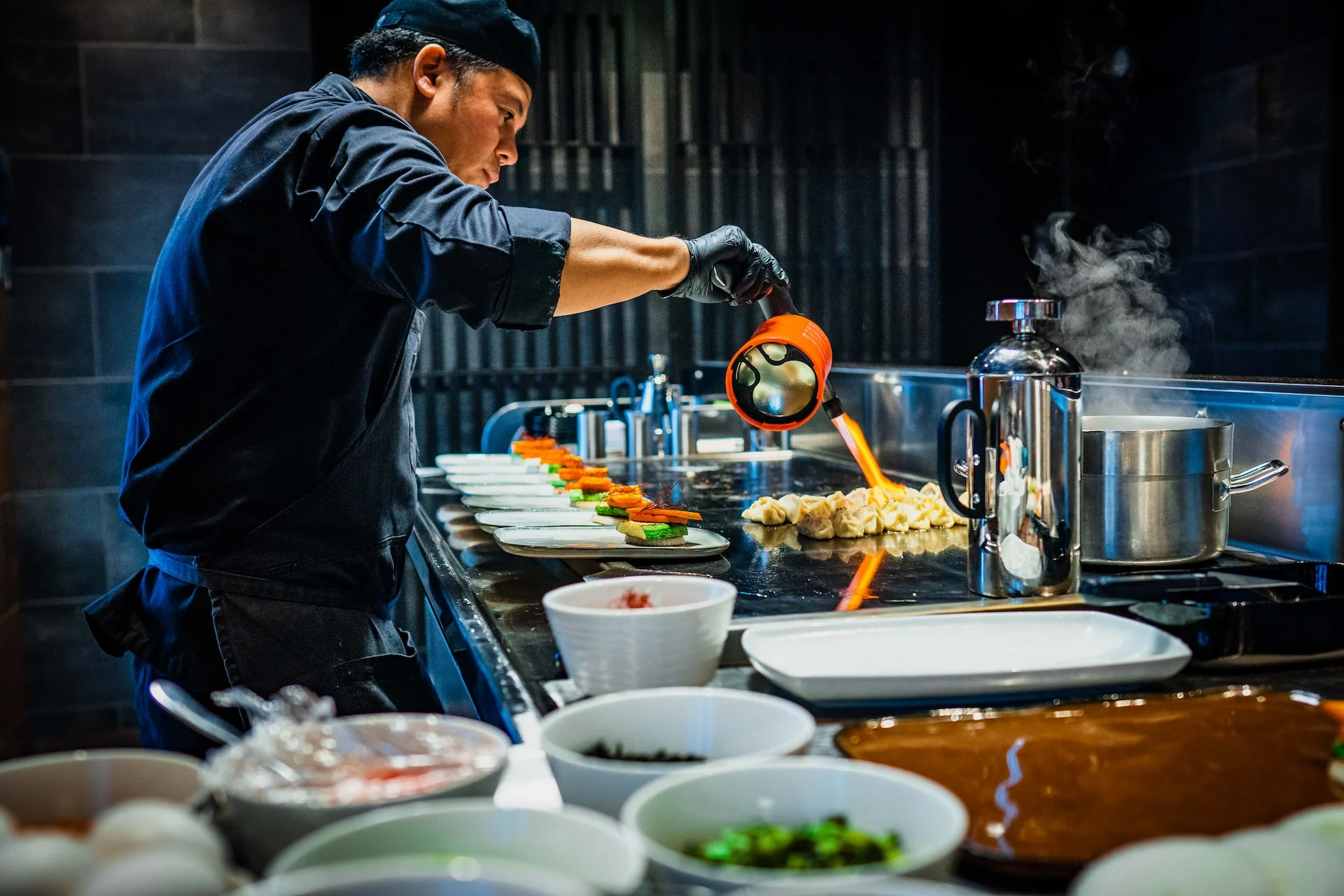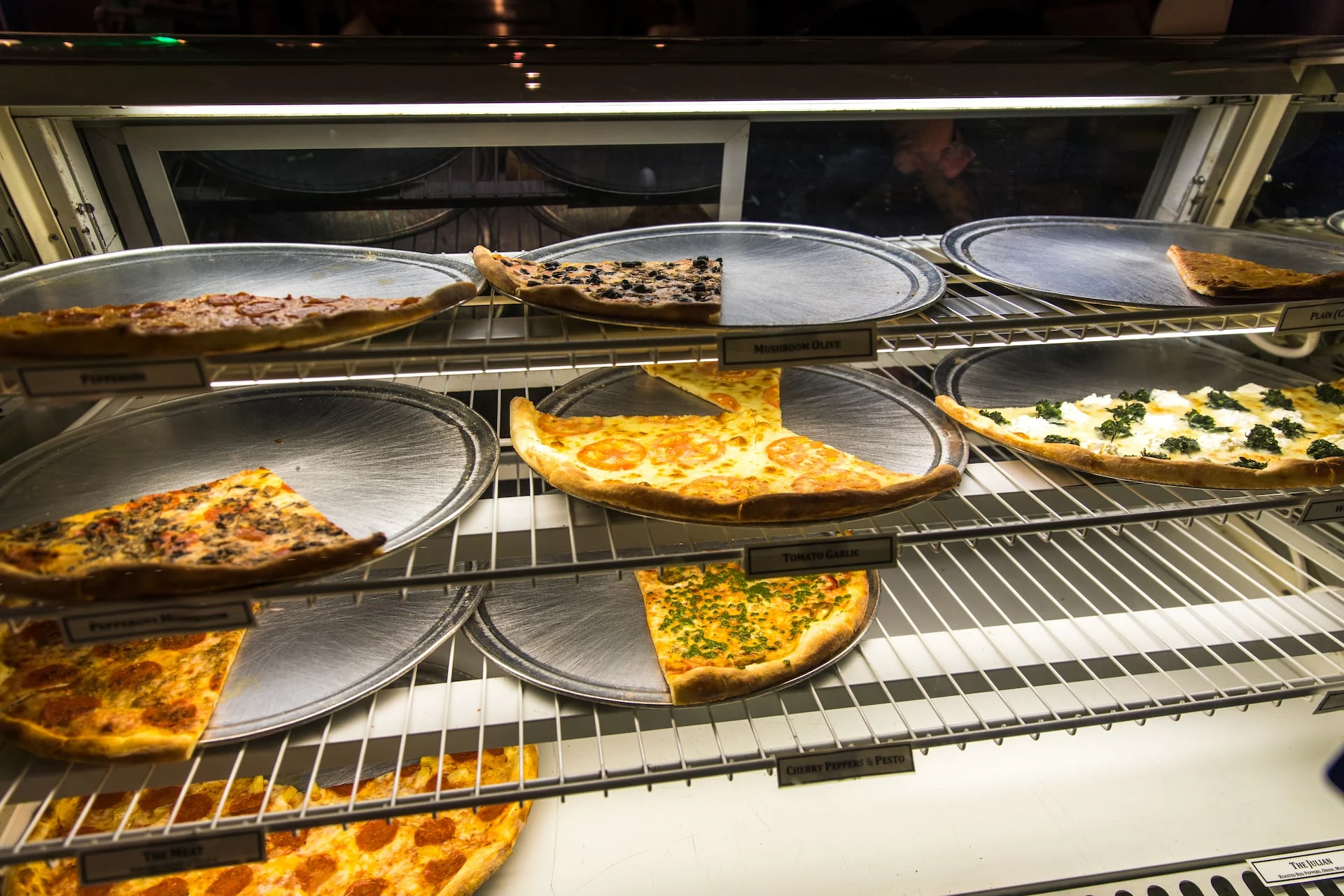Starting your own catering business can be a very rewarding experience. However, there are some things you need to know before you get started. In this article, we will discuss the qualifications you need to start a catering business and provide some tips for success. So, whether you are just starting out or you are ready to take your catering business to the next level, read on for more information!
You don’t need a degree in catering, but you should have some experience in the food industry.
Before starting a catering business, it is important to consider whether or not you need qualifications. While you do not need a degree in catering, it is helpful to have some experience in the food industry. This could include working in a restaurant, hotel, or events company.

If you do not have this experience, you may want to consider taking a course in catering or food safety. In addition, it is also important to have a good understanding of business and marketing. This will help you to create a successful catering business plan and attract customers. So, while you do not need qualifications to start a catering business, it is advisable to have some experience and knowledge in the food industry before embarking on this venture.
It’s important to have a strong understanding of the principles of food safety and hygiene.
One of the first questions people ask when considering starting a catering business is whether or not they need qualifications. While there are no specific qualifications required to start a catering business, it is important to have a strong understanding of the principles of food safety and hygiene. This is essential in ensuring that your customers are served safe, healthy food. There are a number of ways to gain this knowledge, including taking courses or attending workshops.
Once you have a good understanding of food safety and hygiene, you can start planning your catering business. Decide what type of catering you want to do, what menu items you will offer, and how you will price your services. With careful planning and attention to detail, you can be well on your way to opening a successful catering business.
You’ll need to be able to manage a team of kitchen staff and front-of-house staff.
Before you can open your own catering business, there are a few things you’ll need to take into account. First and foremost, you’ll need to be able to manage a team of kitchen staff and front-of-house staff. This means having excellent communication and organizational skills.
You’ll also need to be able to create a menu that appeals to your target market and stays within your budget. In terms of qualifications, there is no specific degree or certification that you need in order to start a catering business. However, it is always helpful to have some formal training in the food industry.
This can give you the skills and knowledge you need to run a successful catering business.
It’s helpful to have a network of suppliers who can provide you with fresh, quality ingredients.
When you’re first starting out in the catering business, it’s helpful to have a network of suppliers who can provide you with fresh, quality ingredients. This way, you can be sure that your food is always fresh and delicious. To find potential suppliers, start by asking around at local markets and farms. Once you’ve found a few good prospects, contact them and set up appointments to discuss your needs. Be sure to ask about their prices, delivery times, and minimum order quantities. By taking the time to build relationships with reliable suppliers, you’ll be able to focus on running a successful catering business.
You’ll need to be able to create a menu that is both creative and practical.
When it comes to catering, one of the most important things to focus on is your menu. After all, your menu will determine what food you’ll be preparing and serving, as well as how much it will cost to produce. As such, it’s important to strike a balance between creativity and practicality when creating your menu.
On the one hand, you’ll want to be creative in order to stand out from the competition and attract customers. But on the other hand, you’ll also need to be practical in terms of what foods are actually realistic to prepare and serve.
Ultimately, the key is to find a middle ground that will allow you to create a menu that is both creative and practical.
You’ll need to be able to budget for your business and keep track of your finances.
Starting a catering business can be a great way to use your culinary skills to earn a living. However, there are a few things you’ll need to keep in mind in order to be successful.
First of all, you’ll need to be able to budget for your business. This means knowing how much money you’ll need to invest in kitchen equipment, staff, and ingredients, and then making sure that your pricing is set so that you can cover these costs while still turning a profit in your catering company.
Additionally, you’ll need to keep track of your finances so that you know how much money you’re bringing in and where it’s going. This will help you make smart decisions about where to invest your money and how to grow your business over time. With some careful planning, starting a catering company can be a delicious way to achieve your financial goals.
You should have some marketing experience, so that you can promote your catering company effectively.
If you’re thinking of starting a catering company, it’s important to have some marketing experience. After all, effective marketing is essential to promoting your business and attracting customers. There are a number of ways to market your catering company, such as creating a website, advertising in local newspapers or online, and handing out flyers in high-traffic areas.
Of course, you don’t need to be an expert in marketing to make your catering company a success. However, it’s helpful to have at least some basic knowledge of how to market your business effectively. With a little effort, you can make sure that your catering company is promoted successfully and attracts plenty of customers.
It’s important to be organized and efficient, so that you can run your catering company smoothly.
Anyone who has ever tried to cook for a large group of people knows that it can quickly become chaotic. There is shopping to do, food to prepare, and a hundred other things to think about. In the midst of all this, it’s easy to forget something important, or to let things slide. That’s why it’s so important to be organized and efficient when running a catering company.
Having a plan and sticking to it is the best way to ensure that everything runs smoothly, from the food preparation to the cleanup. efficiency is also key in keeping costs down. By streamlining your operations, you can avoid wasting time and money on unnecessary tasks.
In the end, being organized and efficient will help you run your catering company more smoothly, and allow you to focus on what’s really important: making great food for your guests.
You’ll need to be passionate about food and customer service, so that you can succeed in the catering industry.
A career in catering can be both rewarding and challenging. To be successful in this industry, you’ll need to have a genuine love for food and a passion for customer service. As a caterer, you’ll be responsible for preparing and serving food at a variety of events, from weddings to corporate functions. This means that you’ll need to be able to work quickly and efficiently under pressure.
In addition, you’ll need to have excellent people skills, as you’ll be dealing with clients on a regular basis. If you can combine these two qualities, then a career in catering could be the perfect choice for you.
So, do you need qualifications to start a catering business? The answer is both yes and no. There are certainly some qualifications that will make it easier for you to get started in the catering industry, but they are not essential. If you have the drive and determination to succeed, then nothing should stop you from starting your own successful catering business.
Related Catering Articles
Who are the main customers for a Catering Business?
Starting a catering business can be both exciting and daunting. One key factor in its success is understanding who the main customer groups are and how to meet their needs.
How do I name my Catering Business?
Naming your catering business is an important first step in starting your business. It can lay the foundation for how your customers view, remember and engage with your business. Finding the perfect name to fit all those criteria, however, can be a challenge.
Is a Catering Business a good business?
If you’re interested in becoming your own boss and using your passion for food and hospitality to make a living, then starting a catering business could be the perfect opportunity. But before taking the plunge, it’s important to understand exactly what running a catering business entails – from the possible pitfalls to the potential rewards.
7 Things About Opening a Catering Business I Wish I Knew Before Starting
Starting a catering business can be daunting, but it doesn’t have to be! Looking back on my own journey, I’ve compiled seven things I wish I had known before starting out in the world of catering.
8 Step Plan to Quickly Open a Catering Business
Catering is a great way to feed your friends, family, and even strangers! If you’re thinking about starting a catering business, here’s an 8 step plan to help you get started quickly.
Start a Romantic Catering Business: Your Complete Guide
Love is in the air—and so is delicious food. If you’re looking to start a romantic catering business, you’re in luck. This guide will show you everything you need to know to get started.
Start a Deli: Your Ultimate Guide
Ready to take the plunge and start your own deli? It’s a big undertaking, but with careful planning and execution, it can be a hugely rewarding experience. Here’s your ultimate guide to getting started.
Start a Pizza Shop: Your Ultimate Guide
Starting your own pizza shop is a dream for many people. It’s definitely not an easy path to take, but it can be very rewarding. This guide will walk you through everything you need to know to make your dream a reality.
7 Mistakes Catering Business Entrepreneurs Make
Catering business entrepreneurs are passionate about food and service, but they may not have the experience or knowledge to run a successful catering business. However, with hard work and dedication, it is possible to build a thriving catering business. Here are seven mistakes that many beginning catering entrepreneurs make.










